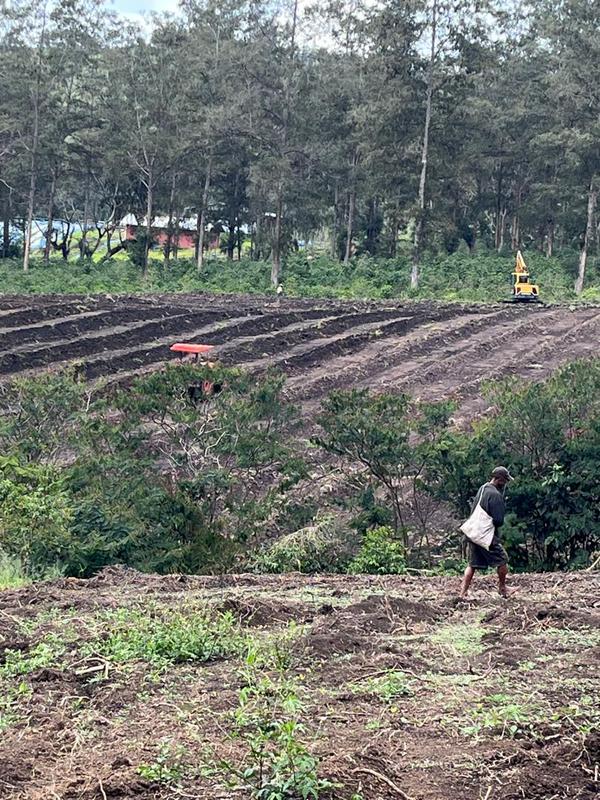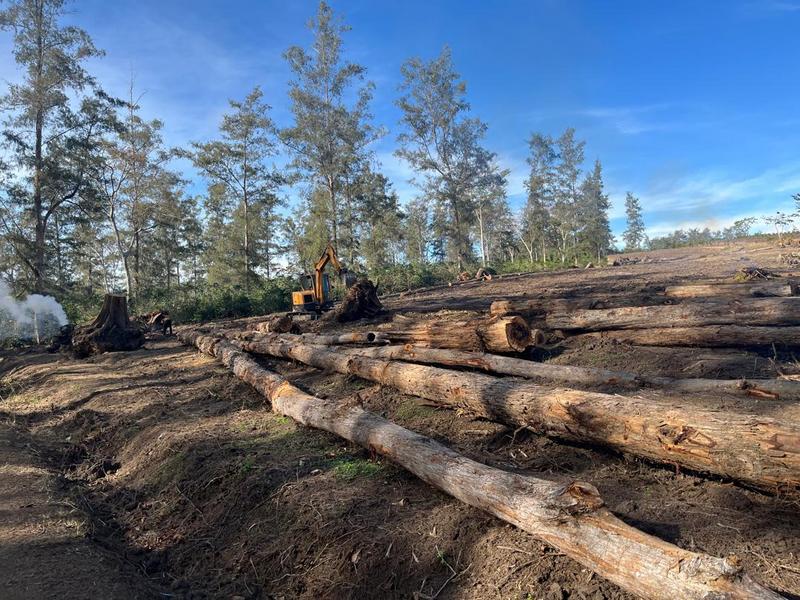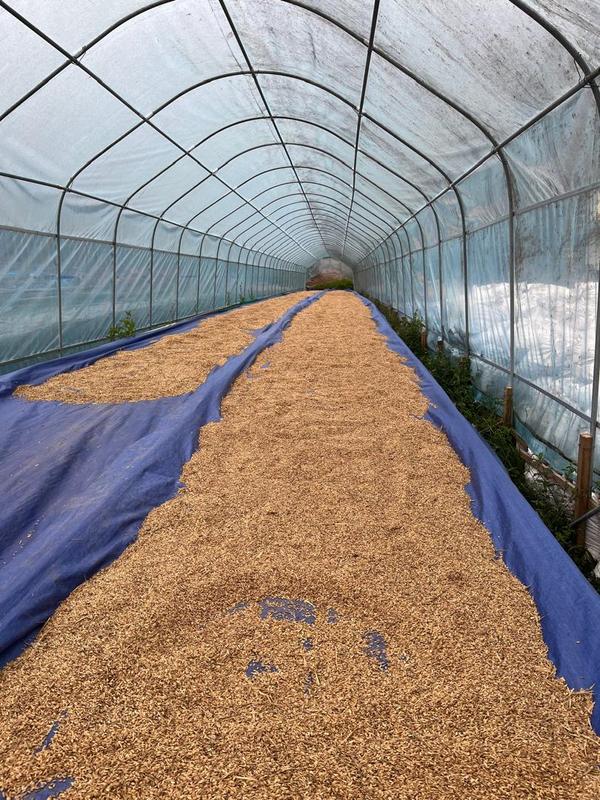The Farmers and Settlers Association (FSA) has urged the Marape-Rosso government to take bold action to reverse the decline in agricultural production and rural employment, stressing the need for fresh interventions to stimulate Papua New Guinea’s primary industries.
In a statement issued to PNG Business News on 3 September, FSA President Wilson Thompson said that while the government’s priorities in health, education, law and order and infrastructure are commendable, stronger emphasis is needed on agriculture and rural industries, which have seen production, income opportunities and employment decline over the past five decades.
He noted that past initiatives, including the Small Agriculture Credit Scheme in the 1990s, the Agriculture Commercialisation Fund in the 2000s, and more recent programmes such as the Productive Partnership in Agriculture Project (PPAP) and the Partnership for Commercialisation and Diversification (PACD), had limited long-term impact.
“Until 1991, Papua New Guinea had successful commodity plantations and agriculture settlement schemes that provided production volume, skills transfer, buying access, employment, and income for rural communities,” Thompson said.
He pointed out that despite declining production and export volumes since 2000, foreign exchange earnings have increased due to high global commodity prices.
“This means export value has risen even while production and employment are falling. To reverse this trend, we need to rehabilitate plantations and settlement schemes, replant, and distribute quality seeds, while encouraging smallholders,” he said.

Thompson urged the government to draw lessons from history, highlighting the plantation redistribution and block development programmes launched by the Somare-led Pangu government in the 1970s and expanded under Sir Julius Chan in the 1980s. He said the recently launched National Agriculture Strategy Plan (NASP 2023) presents an opportunity for the commercialisation and mechanisation of agriculture and could drive real transformation during PNG’s 50th anniversary.
According to the association, rural industries such as coffee, cocoa, rubber, coconut and oil palm directly inject money into communities through daily wages, farm purchases and operational expenses, unlike extractive industries where benefits are largely limited to royalties. Thompson stressed that plantations, settlement schemes and associated factories could contribute up to 50 percent of the government’s target of one million new jobs, with forestry, fisheries and support services contributing another 25 percent.
He also called on the government to extend tax exemptions and tariff relief currently enjoyed by mining, oil and gas projects to agriculture.
“There is no reason why tractors, implements, fertilizers, weedicides, and factory building materials cannot be exempted,” he said.


The association further expressed disappointment over the lack of budget allocations for seed production, nurseries and livestock breeding. “Although there is much focus on downstream processing, the question remains: what will be processed if production continues to fall?” Thompson said.
While acknowledging progress under Connect PNG, which has opened access to remote areas such as Aseki to Kaintiba, Menyamya to Marawaka, Tabubil to Telefomin and Abau to Alotau, he emphasised that these new economic corridors must be matched with the introduction of commercial crops and livestock to maximise their benefits.
“The Marape Government must break the cycle of declining agriculture production and productivity. New interventions must start now if we are to achieve meaningful growth in revenue, exports, and employment,” Thompson said.










